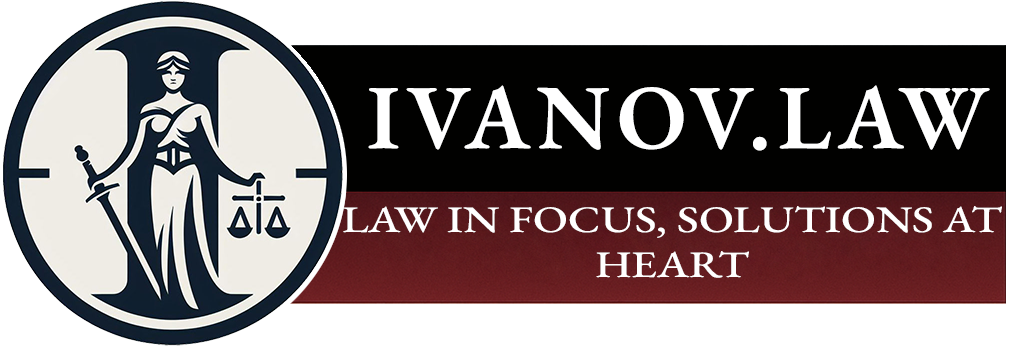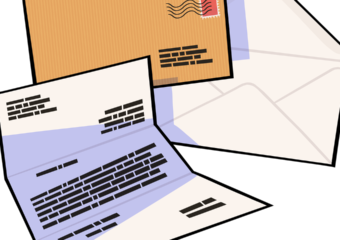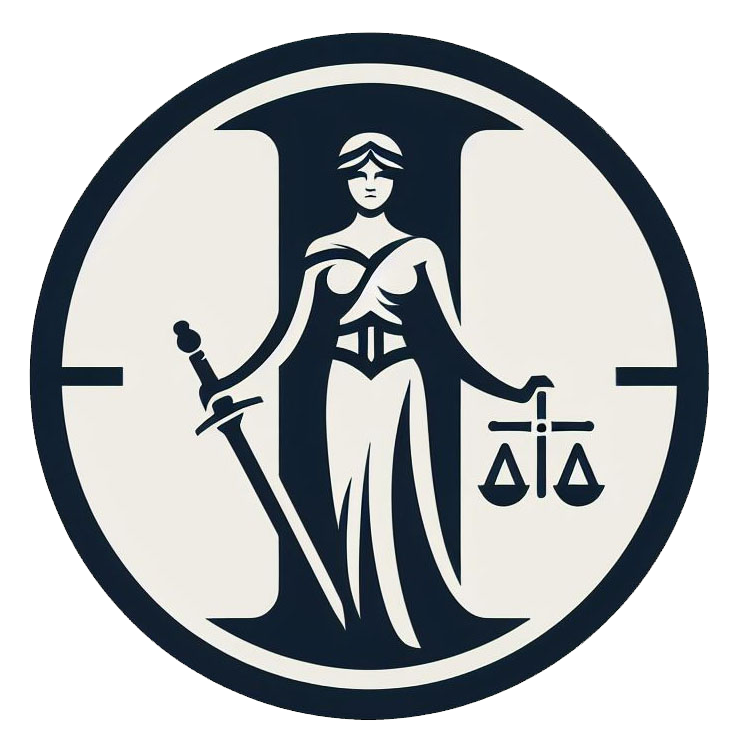Attention: Warning Letters! How to Respond Correctly and Avoid Costly Mistakes
Warnings are not uncommon in business, especially in trademark, design, patent, competition, and copyright law. Many entrepreneurs feel unsettled when such a notice lands in their mailbox—and that’s the first mistake. Instead of worrying unnecessarily, you should view the letter as an opportunity to reach an agreement and thus avoid court proceedings. Sometimes, however, a warning is also an unwarranted attack from a competitor seeking to harm your business—in such cases, you should still be grateful that your opponent has revealed themselves. In any case, you should be prepared. In this article, we explain how to respond wisely to a warning and which mistakes you should absolutely avoid.
The 3 Most Important Steps When Receiving a Warning:
1. Stay Calm and Don’t Let Yourself Be Pressured!
The first and most important step: Do not let yourself be pressured! Many issuers of warnings speculate that you will immediately sign the attached pre-formulated cease-and-desist declaration out of excitement. But that would be a serious mistake! A hastily signed declaration can have serious consequences, such as high contractual penalties and/or unnecessary obligations that could constrain you in the long term.
What is a Warning, Anyway?
A warning signals that someone—often a competitor—believes you have violated applicable law, whether through the unlawful use of trademarks, designs, patents, copyrighted content, or through impermissible advertising. No matter how sharply a warning may be formulated, it is often primarily an offer to achieve an out-of-court settlement and avoid possible legal disputes.
Your opponent could, instead of issuing a warning, immediately file a lawsuit or apply to the court for an injunction. However, legal action carries higher risks than a simple, possibly unwarranted warning. Even if your opponent is in the right, they could incur significant costs. If they are in the wrong, they would not only have to bear the costs of the proceedings but would also be exposed to your claim for damages.
A warning often provides the opportunity to clarify the situation, examine the accusation, and reach an agreement. You should not let this opportunity pass you by. Simply ignoring the warning and letting the deadline expire would not be a good idea.
Tip: Take the time to carefully review the warning. If the deadline is too tight, you can request an extension. Even better: Contact a specialized lawyer in intellectual property law immediately before communicating with the opponent, who can examine the situation and initiate the right steps.
2. Avoid Hasty Cease-and-Desist Declarations
It may be tempting to quickly resolve the problem and sign the cease-and-desist declaration attached by the opponent. But beware: Such declarations often go far beyond the specific accusation and can harm you in the long run. Many warnings contain exaggerated or even unwarranted demands. Often, excessive fees are demanded or obligations are imposed that you would not legally need to accept. Sometimes, the jurisdiction is determined in favor of the issuer, which could mean a lengthy trip for you. Additionally, a thoughtless signature could lead to costly contractual penalties.
Tip: Don’t be intimidated by the complexity of the warning. A specialized lawyer knows the tricks and nuances and will ensure that you do not suffer unnecessary disadvantages.
3. Have the Warning Reviewed by a Specialized Lawyer
An experienced specialist lawyer in industrial property law will advise you on when it is advisable to submit a cease-and-desist declaration and when it is not. This way, you can avoid unnecessary obligations and financial burdens. Even if the warning is fundamentally justified, the pre-formulated cease-and-desist declarations are often overly broad, unnecessarily restricting your business activities and obligating you to pay damages that you do not owe. Your lawyer can draft a modified declaration that protects your interests and contains only the absolute minimum of assurances necessary to prevent legal proceedings.
In some cases, even with justified warnings, it may be more sensible to wait for a court ruling instead of hastily signing a cease-and-desist declaration—especially if you cannot remedy the violation immediately. If you submit a cease-and-desist declaration in such cases, any violation would trigger a contractual penalty that goes directly to your competitor. In other words, you would weaken your business financially while simultaneously supporting your competition. Even if a court imposes a fine as part of enforcing a judgment, this would go to the state treasury—not into your competitor’s pocket. This may, in some circumstances, be the better choice for you.
Tip: Do not submit a cease-and-desist declaration hastily. A specialized lawyer will inform you about your options, allowing you to make informed decisions. This way, you can avoid unnecessary risks and develop the best possible strategy to protect your business from legal and financial consequences.
What to Do If the Warning Is Unjustified?
If you suspect that the warning is unwarranted or that your competitor is deliberately trying to harm your business, you should actively defend yourself. In such cases, a counter-warning, which includes both a cease-and-desist request and a claim for damages, can be an effective means of repelling unwarranted attacks. This proactive approach signals your willingness to defend your rights and can help defuse the situation.
Tip: Don’t hesitate to take legal action against the warning to clear your name and demonstrate that you will not be intimidated. This way, you can show your competitor the boundaries that must not be crossed.
Conclusion: See Warnings as Opportunities
While warnings can be unpleasant, they often provide the opportunity to clarify misunderstandings and protect your business. With a well-thought-out strategy and the support of a specialized lawyer in industrial property law, you can handle such situations quickly and effectively. Stay calm, have the warning professionally reviewed, and avoid unnecessary obligations. This will not only strengthen your legal position but also minimize potential risks for your business.
IVANOV.LAW is here to assist you in finding the best solution for your situation! Contact us today to schedule a free, yet binding initial consultation.




